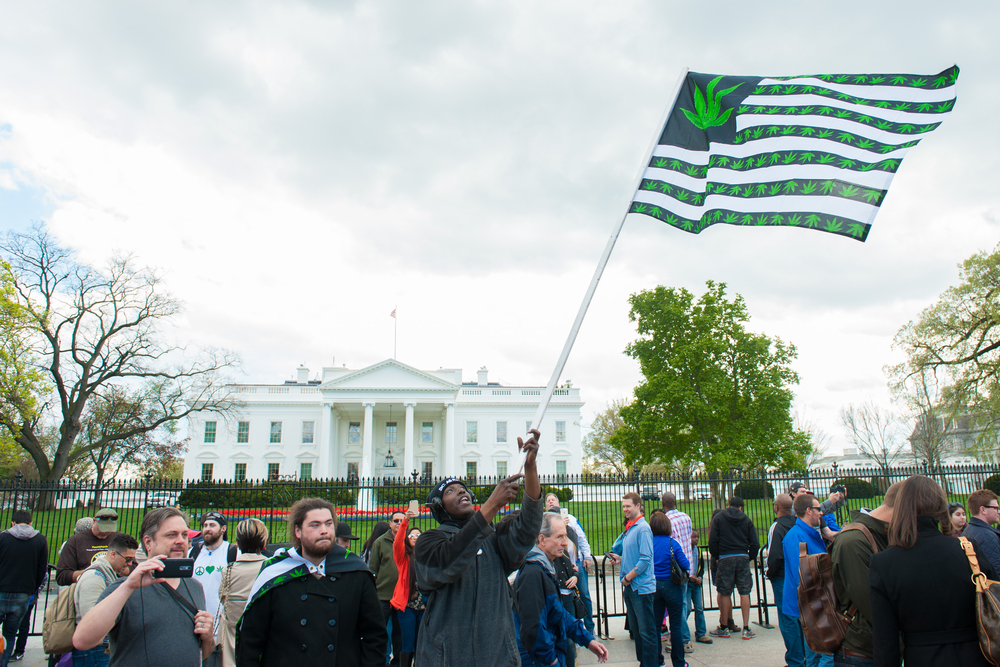Five months after an intensification of Tanzania's drug war, the harms of prohibition appear to be worsening in a country which once led the way for regional harm reduction.
In February, Tanzanian President John Magufuli announced that his administration would launch a war on drugs in which, “no one is too prominent to be arrested even if they are politicians, security officers, cabinet ministers or the child of a prominent person.” Authorities publicly framed the development as a war on drug trafficking and corruption among the elite, however, policy implementation seems to have primarily targeted low-level participants in the drug-trade – including people whose main offence is drug use.
Talking Drugs reported on this soon after Magufuli’s declaration in February, however the true extent of how Tanzania’s drug war is affecting people is only now becoming clearer.
On July 12, Prime Minister Kassim Majaliwa boasted to parliament that 4,809 people had been arrested in Tanzania for drug-related offences since the intensification of the country’s drug war in February. He also noted that more than 2,000 Tanzanians had been detained in foreign countries for selling drugs during the same period.
While the Tanzanian drug war does not of course affect whether another country prosecutes Tanzanian citizens, Majaliwa has stated that the Tanzanian government will not help its citizens who are imprisoned abroad for drug trafficking offences. This, he asserted, is a step towards the ultimate goal of “completely eradicate[ing] the network of illegal drugs in the country”.
Tanzanians who have been charged or convicted of selling drugs abroad – including hundreds in Kenya, Iran, South Africa, China, and India – “deserve the sentences” that they receive, President Magufuli has claimed, and “the government will not in any way negotiate for their release,” regardless of their circumstances or alleged position in the drug trade.
"If any Tanzanian has been sentenced to hang in a foreign country after being convicted in court of drug trafficking, let them hang," Magufuli has declared.
This harsh and seemingly unforgiving approach sharply contrasts with the positive reputation Tanzania had cultivated in recent years for implementing successful harm reduction measures.
In 2011, the Tanzanian government opened the country’s first methadone maintenance clinic, with resounding success. In 2013, the International Network of People Who Use Drugs (INPUD) launched a domestic offshoot in Dar es Salaam – Tanzanian Network of People who Use Drugs (TaNPUD); the second such group in Africa.
In 2016, Rogers Siyanga, Commissioner General of the country’s Drug Control and Enforcement Authority (DCEA), told the Commission on Narcotic Drugs that Tanzanian authorities believed in the importance of harm reduction approaches and shared that the government was “considering taking measures against [the] incarceration” of people who use drugs.
Despite this progressive discourse, little over a year later, the DCEA conducted a raid on poor villages in the Kilimanjaro region because farmers were cultivating khat. The DCEA razed around 48 acres of khat – a relatively mild herbal stimulant – which led to local farmers fleeing the locale to escape interrogation or prosecution. As a result, The Citizen reports, some farmers were forced to abandon their children, who were left unprotected from the extreme cold temperatures.
Meanwhile, very few high-profile individuals have been charged with offences, and those who have are not alleged to have committed serious crimes. For example, Wema Sepetu, a celebrated actress and former Miss Tanzania model must face trial on August 8 after a little over one gram of cannabis was found in her home and a urine test indicated that she had consumed the drug.
The Tanzanian government is growing increasingly authoritarian in its approach to drugs. A particularly bizarre example of this change took place in March, after a Tanzanian rapper – Ney wa Mitego – was arrested for releasing a song that criticised the government. Following his release from custody, the Information Minister Harrison Mwakyembe publicly advised that Mitego “improve the song by [criticising] those guilty of tax fraud and drug users”. The state seems to be intimidating popular figures into participating in the stigmatisation of people who use drugs.
Despite the measured success of past harm reduction approaches in Tanzania, the government seems to be veering in the opposite direction; targeting people who use drugs in a prohibitionist rampage, and justifying this under the guise of reducing drug trafficking and corruption. As this war on drugs disturbs the lives of more and more people, it becomes increasingly crucial that this conversation shifts back to harm-reduction and away from the prohibitionist model.


